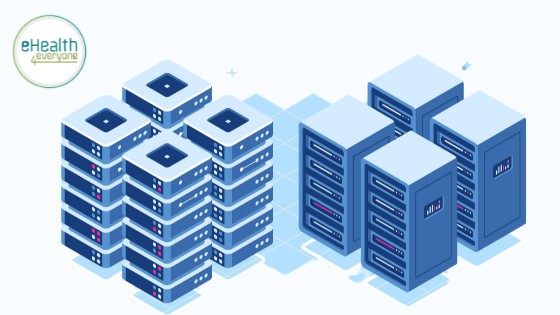The importance of data collection, evaluation, and management has grown substantially throughout time. The concept of data is always changing and evolving. The database is an essential element of any software and management solution, as it aids in the scientific and systematic storage, organization, and management of data. To better understand the importance of a database management system in healthcare, we must understand what a database is and what a database management system is.
What is a database?
A database is essentially a collection of data that has been arranged into a structure that allows it to be easily read, edited, added or deleted.
What is a database management system?
Database Management System is a system designed to manage the automatic and orderly database. The Database Management System is an automatic system helping the user to control information, create, update and maintain the database.
What do databases do in healthcare?
Healthcare databases help individual medical organizations understand their daily activities and their place within the larger healthcare industry. This allows healthcare professionals to make decisions about how they run their businesses, the work they do, and the systems they use to manage their operations. With the rapid advancement of healthcare technology and post-COVID-19 changes in healthcare operations, it is more vital than ever for healthcare databases to be organized, well-maintained, and simple to use.
Why is database management important?
Healthcare databases have been an essential component of understanding and improving critical care worldwide. The importance of database technology in healthcare cannot be overstated. The Healthcare database system generates data that requires delicate handling and is developed for the purpose of assessing the quality of healthcare, often for a specific disease or within a specific healthcare delivery system. databases in healthcare can promote:
1. Assessing the quality of healthcare
Hospitals, health departments, local, state and federal agencies, to name a few, all contribute information to healthcare databases. Healthcare specialists can gain a thorough understanding of the quality of current healthcare operations by analyzing aspects such as; financing available to healthcare facilities, service availability and affordability, use of innovation, and barriers to seeking care.
2. Tracking and Monitoring
Medical workers can utilize reporting and logging tools to keep track of operations with the help of healthcare databases. these aids healthcare providers in monitoring and improving the quality of patient treatment by providing an important tool for tracking healthcare use. Healthcare providers, for instance, need to know whether people are getting their vaccination or not.
Because the medical field is changing rapidly, there’s a greater need now more than ever for the right technology, management, and development of our healthcare databases. DHIS2 being one of the largest open-source systems provides a proper database management system that can be utilized for the management of databases in the healthcare sector.

With Dhistance, the world’s first automated DHIS2 hosting and server management platform, you can set up your own DHIS2 server seamlessly, without needing advanced technical skills.
Visit www.dhistance.com to get started today!



